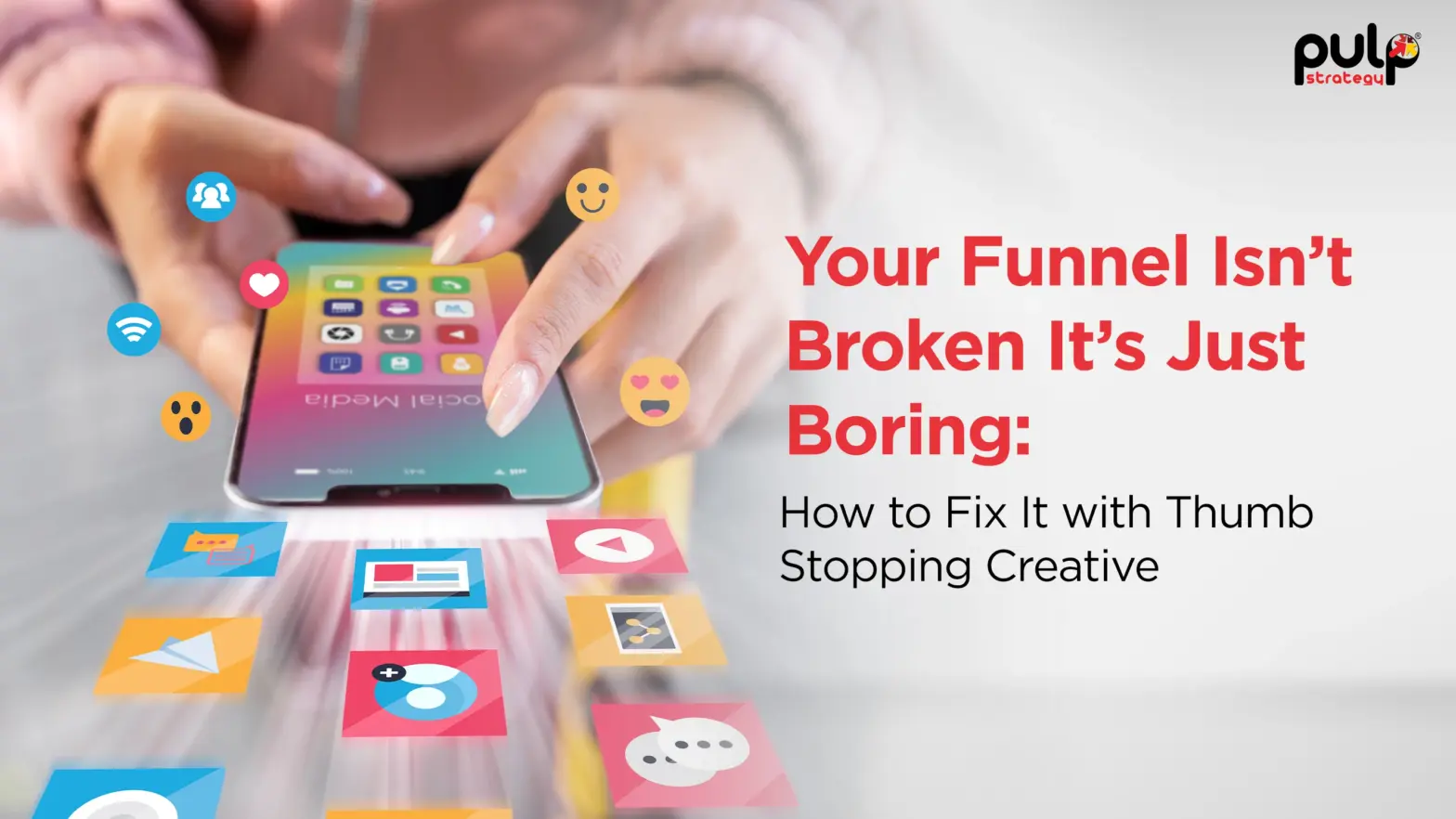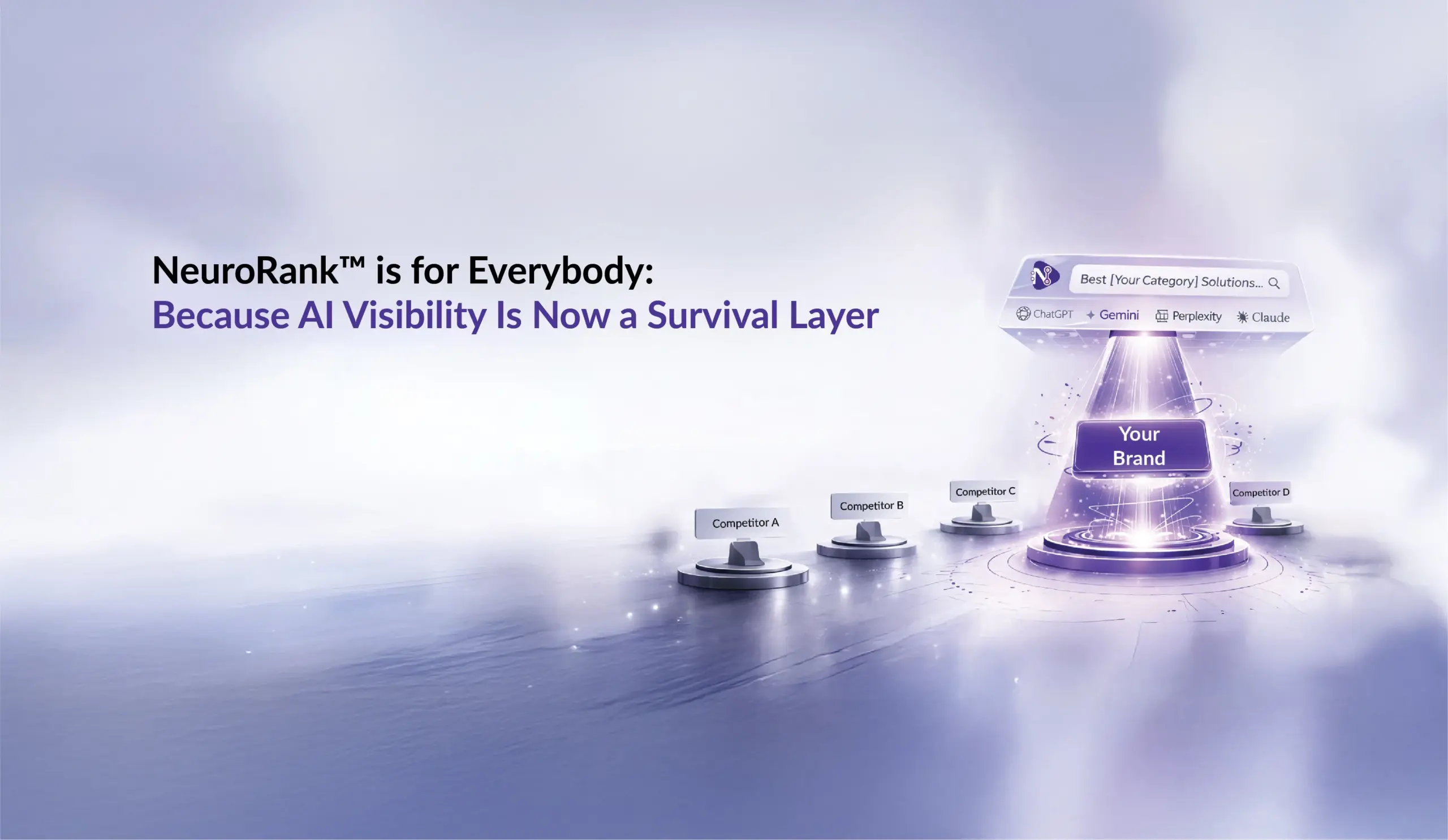As we enter 2023, the world of B2C marketing is poised for some major shifts. With new technologies emerging and consumer preferences evolving, brands need to stay on top of the latest trends to remain competitive. Here are the top 6 B2C marketing trends to watch for in 2023:
Hyper-Personalization
One of the biggest trends in B2C marketing over the past few years has been the move toward personalization. In 2023, this trend is likely to accelerate even further, with companies taking a more "hyper-personalized" approach to their marketing efforts.
What does hyper-personalization mean? Essentially, it means going beyond simple personalization tactics like using a customer's name in an email or tailoring product recommendations based on their past purchases. Hyper-personalization involves using data and technology to create truly individualized experiences for each customer.
For example, a clothing retailer might use AI-powered technology to create virtual outfits for each customer based on their preferences, body shape, and even their social media activity. A food delivery service might use data from a customer's fitness tracker to recommend healthy meals that fit their dietary needs and activity level.
As more companies invest in hyper-personalization technology, the bar for customer expectations will continue to rise. Brands that can't deliver individualized experiences will struggle to compete.
Augmented Reality
Augmented reality (AR) has been on the marketing radar for several years, but 2023 could be the year it finally goes mainstream. AR technology allows customers to interact with products in a virtual environment, giving them a more immersive and engaging experience.
In the B2C world, AR has applications in industries from fashion to home goods to automotive. For example, a furniture retailer might use AR to let customers visualize how a new sofa would look in their living room. An automotive brand might create an AR experience that allows customers to virtually "test drive" a car before making a purchase.
AR can also be used to create fun and engaging marketing campaigns, such as a makeup brand that lets customers try on virtual lipstick shades or a toy company that creates an AR scavenger hunt.
As AR technology becomes more accessible and user-friendly, we can expect to see more B2C brands experimenting with this immersive technology.
Social Commerce
Social media has been a key marketing channel for B2C brands for many years, but in 2023 we can expect to see more brands integrating social commerce into their strategy.
Social commerce allows customers to purchase products directly within a social media platform, without having to navigate to a separate website or e-commerce store. This can be a powerful tool for B2C brands, as it reduces friction in the buying process and allows customers to make purchases without leaving the platform where they spend a significant amount of their time.
For example, a beauty brand might create an Instagram post showcasing a new lipstick shade and include a "Shop Now" button that takes customers directly to a checkout page within the Instagram app. A fashion brand might create a shoppable video ad on TikTok that allows viewers to click on products and purchase them without leaving the app.
As social commerce becomes more prevalent, brands that can create seamless and engaging shopping experiences within social media platforms will have a significant competitive advantage.
Sustainability
Sustainability has been a growing trend in recent years, and in 2023 we can expect to see even more B2C brands prioritizing eco-friendly practices and communicating their sustainability efforts to customers.
Consumers are increasingly aware of the impact their purchases have on the environment, and they're looking for brands that share their values. B2C brands that prioritize sustainability can differentiate themselves from competitors and build stronger relationships with customers.
Sustainability can be incorporated into marketing efforts in a variety of ways, from creating eco-friendly packaging to using renewable
Voice Search Optimization
Voice assistants like Alexa, Siri, and Google Assistant have become ubiquitous in our daily lives, and more consumers are using them to make purchases. It's estimated that by 2023, 55% of households will own a smart speaker. This means that optimizing for voice search is becoming increasingly important for B2C brands.
To optimize for voice search, brands need to focus on natural language and conversational search queries. This means incorporating long-tail keywords and answering questions in a way that mirrors how people speak. Brands should also make sure their website is mobile-friendly, as many voice searches are done on mobile devices.
Influencer Marketing 2.0
Influencer marketing has been a popular tactic for B2C brands for several years, but in 2023 we can expect to see a shift towards "Influencer Marketing 2.0." This means moving beyond traditional sponsored posts and partnering with influencers in more creative and strategic ways.
One trend we're seeing is the rise of "nano-influencers" - individuals with smaller but highly engaged followings. These influencers often have a more niche audience and can be more affordable for brands to work with. Brands can also leverage these influencers to create more authentic and targeted content.
Another trend is the use of influencer-generated content (IGC). Brands can work with influencers to create content that features their products or services, which they can then repurpose for their marketing efforts. This can be a cost-effective way to create high-quality content that resonates with consumers.
Social Responsibility
In 2023, we can expect to see more B2C brands taking a stance on social and political issues. Consumers are increasingly looking for brands that share their values and take a stand on issues they care about. This can be a tricky area for brands to navigate, as they need to be authentic and genuine in their messaging.
One way brands can approach this is by aligning themselves with causes that are relevant to their industry. For example, a beauty brand might focus on promoting positive body image or advocating for animal welfare. Brands can also take a stand on broader issues like climate change or social justice.
Brands need to approach social responsibility with a long-term mindset. Consumers can quickly sniff out insincere attempts to jump on the latest trend, so brands need to be thoughtful and genuine in their messaging.
User-Generated Content
User-generated content (UGC) has been a growing trend in recent years, and in 2023 we can expect to see even more B2C brands leveraging this tactic. UGC refers to content that is created by customers and shared on social media or other platforms.
UGC can be a powerful marketing tool because it provides social proof and authenticity. When consumers see other people using and enjoying a product, it can help build trust and credibility. Brands can also use UGC to create more varied and engaging content that resonates with their audience.
One way to encourage UGC is to create contests or challenges that incentivize customers to share their experiences with a product. For example, a fitness brand might create a challenge that encourages customers to share photos or videos of themselves using the brand's products. Brands can also leverage UGC by sharing customer testimonials or featuring customer photos on their website.
In conclusion, B2C marketing is evolving rapidly, and brands need to keep up with the latest trends to stay ahead of the competition. In 2023, we can expect to see a continued focus on voice search optimization, influencer marketing 2.0, social responsibility, user-generated content, and personalization. Brands that embrace these trends and leverage them in creative and authentic ways will be well-positioned to succeed in the years to come. By understanding and adapting to these evolving marketing trends, businesses can build deeper relationships with their customers and drive long-term growth. So, stay informed, stay flexible, and stay ahead of the curve in 2023!









